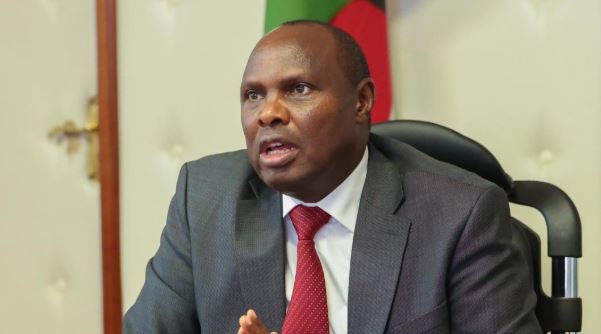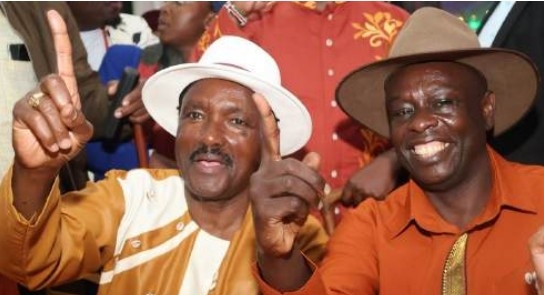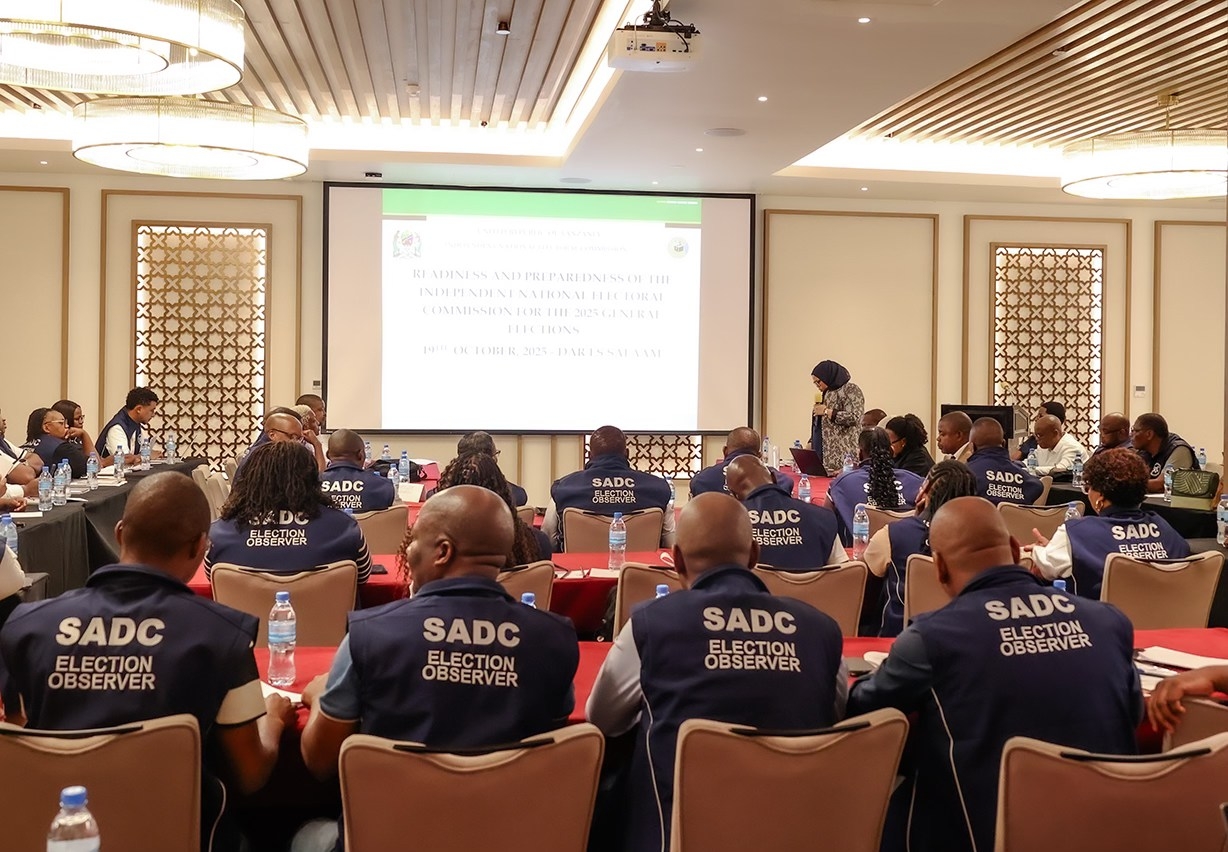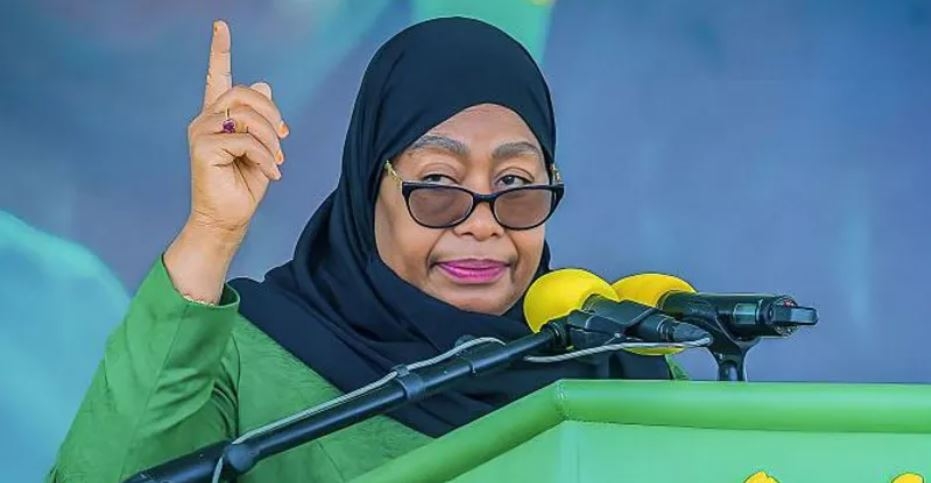Manchester City have been accused of not cooperating with a Premier League investigation that started in December 2018
The Premier League’s decision to charge Manchester City with breaking its financial rules has shocked the domestic game.
The Premier League champions have become a dominant force in English football in recent years, winning six league titles since they were taken over by the Abu Dhabi United Group in 2008.
But how have City got here? How significant are the charges? And could they really be kicked out of the Premier League?
Why are Man City being charged?
After an investigation lasting more than four years, the Premier League released a statement on Monday saying it had charged City with more than 100 breaches of financial rules from 2009 to 2018.
“In terms of charges, there are two areas,” football finance expert Kieran Maguire told BBC Radio 5 Live’s Monday Night Club.
“First, accusations that Manchester City have artificially inflated the money coming into the club, with particular respect to commercial and sponsorship deals.
"The Premier League appears to be claiming the money was actually coming from the club owner, which doesn’t count towards FFP (financial fair play), but was being disguised as sponsorship income, which does count towards FFP.
“The other charges are in relation to Manchester City being alleged to have artificially deflated the costs of running the club by having managers on contracts with another company connected to the owners so that they only put through a small element of the true cost of managing the club through the books.”
How have City got here?
In November 2018, the German newspaper Der Spiegel published leaked documents alleging City inflated the value of a sponsorship deal and deliberately misled Uefa so they could meet FFP rules which require clubs to break even.
Following the allegations, Uefa launched an investigation and ruled in 2020 that City committed “serious breaches” of FFP regulations between 2012 and 2016. However, a two-year ban from European competitions was overturned by the Court of Arbitration for Sport (CAS) later that year.
The Premier League’s investigation started in December 2018. City said the allegations were “entirely false” and that allegations in Der Spiegel came from “illegal hacking and out of context publication of City emails”.
Why now?
City said they were not given advance warning of the Premier League statement this week.
They questioned the timing— given the UK government’s white paper on football governance is due to be published this month. It is felt that bringing this case is likely to be used by the Premier League as evidence of dealing with governance issues itself rather than a proposed independent regulator.
“It would be good for the league to be seen to have some teeth and take on a member —and a shareholder —so we are entering a period of lobbying and politics. There is little coincidence that the two things have occurred [at the same time),” said Maguire.=
“There’s an awful lot of the dark arts of politics taking place and football is being used as a vehicle for this. We’ve had a period of self-regulation within football and that has brought us to where we are.”
BBC sports editor Dan Roan said: “It is easy to see why insiders at City are suspicious of the timing.
“While the timing is intriguing, the sheer number of charges perhaps shows why it has taken the Premier League so long to get here.
“However, many will say the suggestion that this is linked to the football regulator white paper being delayed as a little far-fetched. After all, the fact it has taken the Premier League four years to actually bring charges arguably strengthens the case for external regulation rather than undermining it.
“Furthermore, had the Premier League wanted to send a message to government that it could regulate itself, surely it would have made this move some time ago before plans for the regulator were finalised.”












